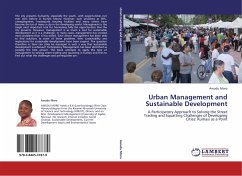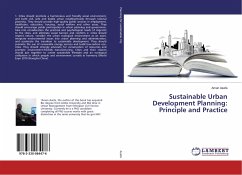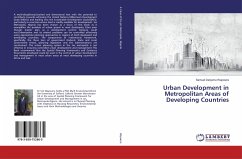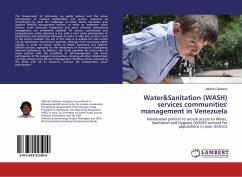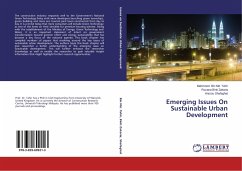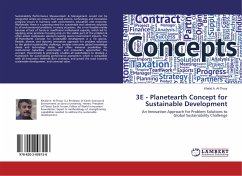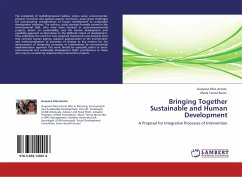The city presents humanity, especially the youth, with opportunities not ever seen before in human history. However, such problems as filth, unemployment, inadequate housing facilities and many others have become the lot of many a city in the developing world. Management is the single most important tool for harnessing fully the opportunities that the city presents. However, management is as much a tool for sustainable development as it is a challenge. In many cases, management has created more problems than it has solved. Even where management has been able to find solutions to some of these problems, their sustainability and implications for sustainable development have been suspect. The question therefore is: How can cities be managed in such a way that sustainable development is achieved? Participatory Management has been identified as possibly the best answer. This book attempts to apply this type of management to solving street trading and squatting in Kumasi and tries to find out what the challenges and prerequisites are.
Bitte wählen Sie Ihr Anliegen aus.
Rechnungen
Retourenschein anfordern
Bestellstatus
Storno

